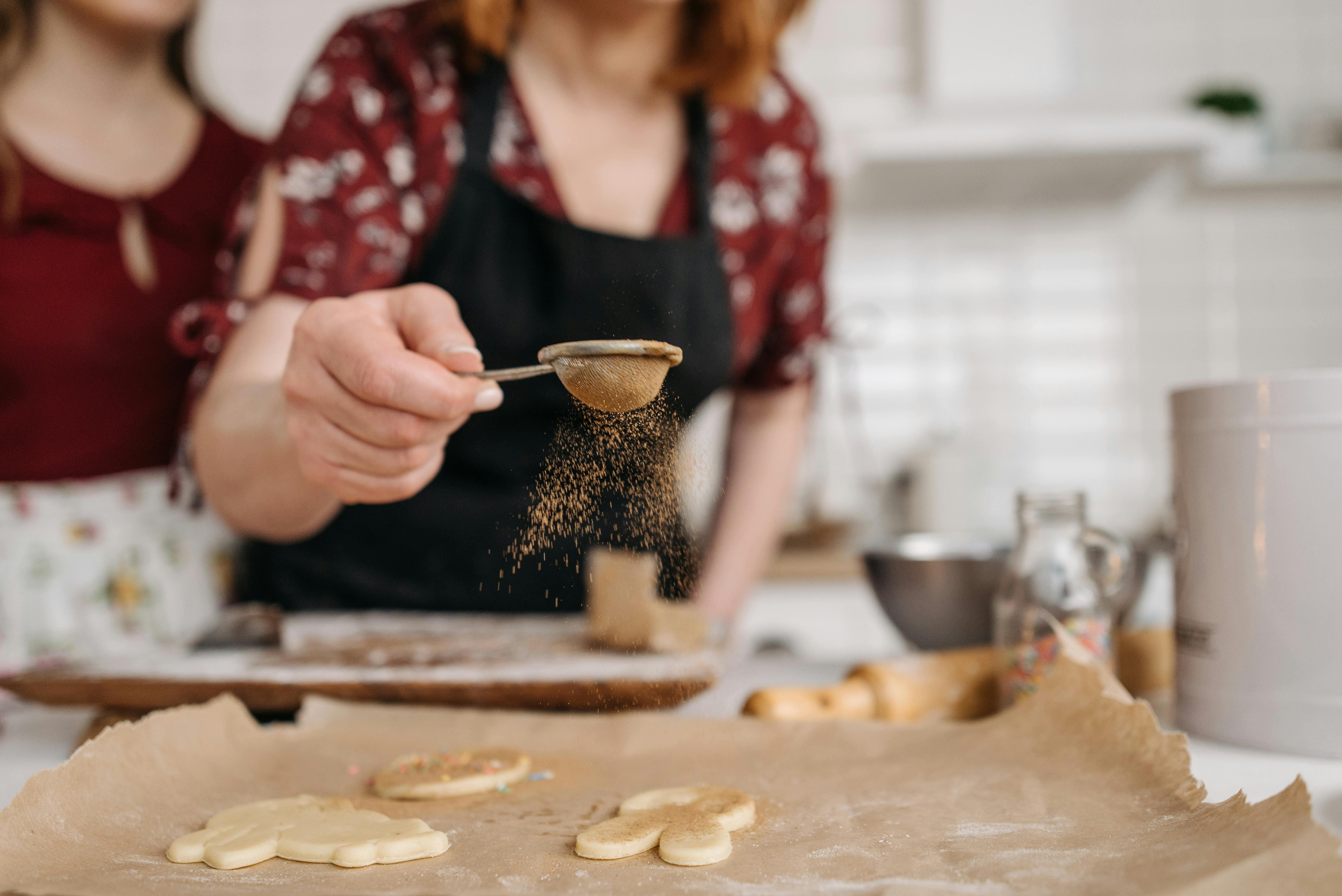Alternatively, it can be a clever use of existing artwork you have at home, or redesigning parts of the interior and exterior. The goal of the artistic use of feng shui is to achieve the most beneficial flow of energies in your facility.
The feng shui for a living room will be different from that of a kitchen, a bedroom, or the garden. First, you need to make sure that every room in your home has the right mix of shapes and colors. This will help attract and retain positive energies and eliminate negative ones. The following are some tips.
Bedroom Feng Shui Art: The golden rule of Feng Shui is to avoid oversaturating the bedroom with bright and disturbing colors, which can violate your peace of mind.
You can create a serene and relaxing atmosphere in the bedroom by using the muted shades of purple, lilac, yellow, blue, white, and gray. You should also try to avoid sharp angles and geometric shapes in the bedroom. Choose a wooden bed rather than metal, as metal conducts electricity, which repels positive Chi energy. Choose soft bedding and bedspreads in pastel colors. Consider using crystal balls, pretty curtains and drapes, and red accents (pillows or red candles). Red is the color of love and warmth.
The ceiling can be decorated with stars. Try to avoid large plants, aquariums, fountains, and equipment (computers, televisions, and game consoles).
Kitchen Feng Shui Art: The kitchen should not have too much red, pink or orange. These are the colors of the fire element, which can cause fights. It is best to use light and cool colors: white, light green, light blue, etc. The kitchen combines the elements of fire and water. According to this, the best color is white, as it balances fire and water. Added to this balance are the kitchen appliances and accessories made of stainless steel.
Some kitchens have fluorescent lighting, which is popular because of its bright light and low cost. However, fluorescent lighting is bad for the kitchen, as it constantly flickers and negatively affects the eyes and nervous system (it can increase blood and intraocular pressure and cause headaches). If you can’t do without fluorescent lighting in the kitchen, consider adding at least one regular incandescent bulb.
Living room Feng Shui Art: It is important to balance the living room. You can energize it using glass, create a sense of depth using mirrors, and enhance energy flows using plants, wall lights, and chimes.
If your living room is the most active room, increase the Active Yang. If it is a resting place, it increases calm Yin. Optimum is the combination of calm and rich colors, dynamic and smooth forms. Try to use more natural light, which should be bright but not too harsh. Artificial lighting (table lamps, chandeliers and sconces) will help regulate the intensity of the light according to your mood.
To soften the room, choose furniture with rounded corners. Plants (including climbers), curtains, and accessories will also help soften sharp corners.
